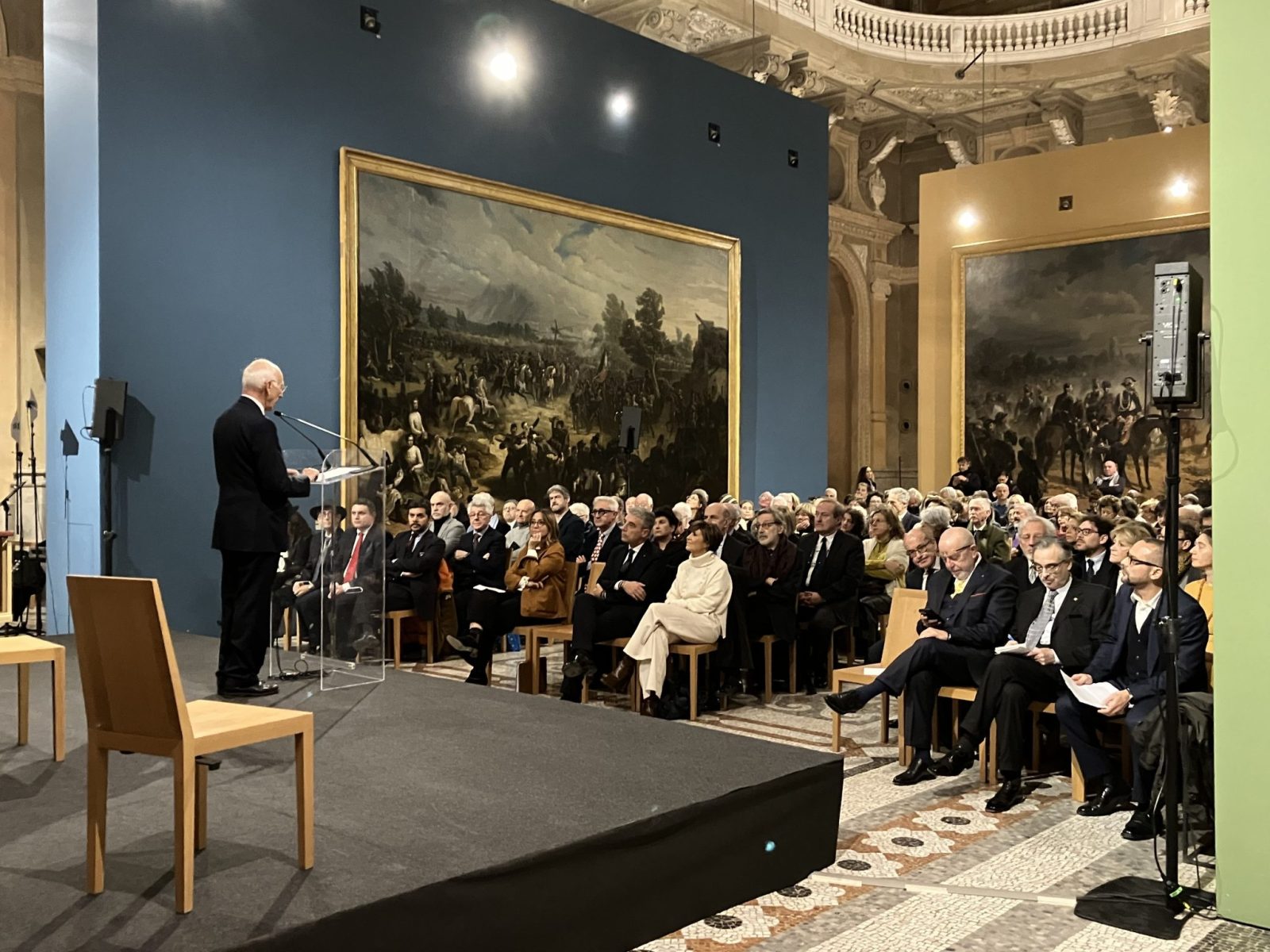TURIN – Six centuries of city history and Italian history

The first record of the Jewish presence in Turin dates to 1424. Over the course of six centuries, this community has experienced a history rich in culture, but also marked by suffering, discrimination, exclusion, and atrocities. Yet, it has also fostered strong traditions and a continuity of Jewish life that should not be forgotten. In late November, local authorities, scholars, and representatives from the Union of the Italian Jewish Communities celebrated this anniversary of profound significance— for the history of Italian Judaism and Turin itself.
The Jewish community has been an integral part to the connections and dialogue that have long characterized the city. These six centuries have witnessed key events in the history of Turin’s Jews, including the establishment of a ghetto in the city center, where Jews were segregated from Christians. This ghetto lasted for nearly two centuries, until the Emancipation Decrees and the Albertine Statute, the Constitution by Carlo Alberto King of Sardinia and Prince of Piedmont in March 1848, which granted freedom and fundamental rights to the Jews in Piedmont. However, ninety years later came the shameful chapter of the racial laws of 1938 and the tragic loss of over 500 Jews from Turin, deported to Nazi extermination camps.
Today, Turin’s Jewish community remains vibrant and dynamic, enriched by its experiences and ideas. It is also home to remarkable treasures, such as twelve splendid synagogues, remnants of once thriving communities that have since dwindled or disappeared. In Turin, Jewish culture has long been an integral part of the city’s social and civic fabric.
This anniversary is of great significance, serving as a historical milestone during a time of profound uncertainty and challenge. It underscores the resilience of a community that has contributed so much to the life of the city, even in the face of adversity.
